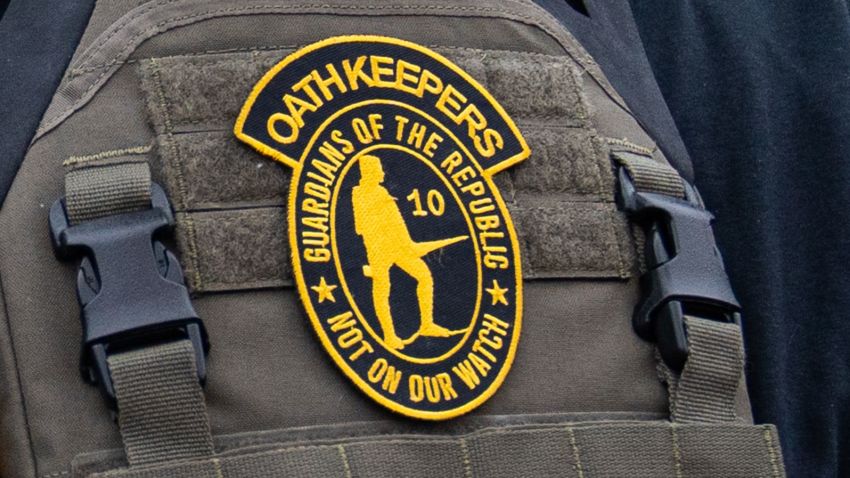Jurors have reached a verdict in the seditious conspiracy trial of five alleged leaders of the Oath Keepers accused of conspiring to forcibly prevent the peaceful transfer of power from then-President Donald Trump to Joe Biden after the 2020 election.
Prosecutors and defense attorneys confirmed to CNN that a verdict has been reached. Jurors deliberated for more than 17 hours.
The jury, made up of seven men and five women, considered a total of ten charges against defendants Stewart Rhodes, Kelly Meggs, Jessica Watkins, Kenneth Harrelson and Thomas Caldwell, including three separate conspiracy charges, obstructing the electoral college vote, and tampering with evidence.
All five have pleaded not guilty. If they are convicted of the most serious charges, each defendant could face up to 20 years in federal prison.
“The case is finally yours, after all these weeks,” district Judge Amit Mehta told the jury last week at the end of the two-month presentation of evidence.
Key moments from the closing arguments: Prosecutors wove together messages, videos, testimony and records to show how the defendants from across the country allegedly joined together to plan and execute a way to keep Trump as president by any means necessary.
“For these defendants, the attack on the Capitol was a means to an end,” prosecutor Kathryn Rakoczy said, adding that the defendants were “self-anointed to stand up for their version of the law, their version of what should have happened in that election.”
Rakoczy continued, “The sense of entitlement that led to frustration, followed by rage and then violence. That is the story of this conspiracy, ladies and gentlemen.”
Rejecting arguments brought by the defense, Rakoczy told jurors that despite claims there was not an explicit order to enter the Capitol that day, there was a clear conspiracy to stop Biden’s ascendency by any means.
Attorneys for the defendants said again and again to the jury that no government witness – including former members of the Oath Keepers there on Jan. 6 – could testify that there was a direct plan to attack the Capitol.
“Call it the big three,” an attorney for Rhodes, James Lee Bright, said. “No plan to storm the Capitol … no plan to breach the Rotunda … no plan to stop the certification or delay the certification of the electors.”
Others were more direct, including Watkins’ attorney Jonathan Crisp, who told jurors that the government had lied to them, calling the trial “a Michael Bay production.”
In a final rebuke, lead prosecutor Jeffrey Nestler called upon jurors to see the defendants, most of whom are military veterans, as traitors to the country they claim to protect.





